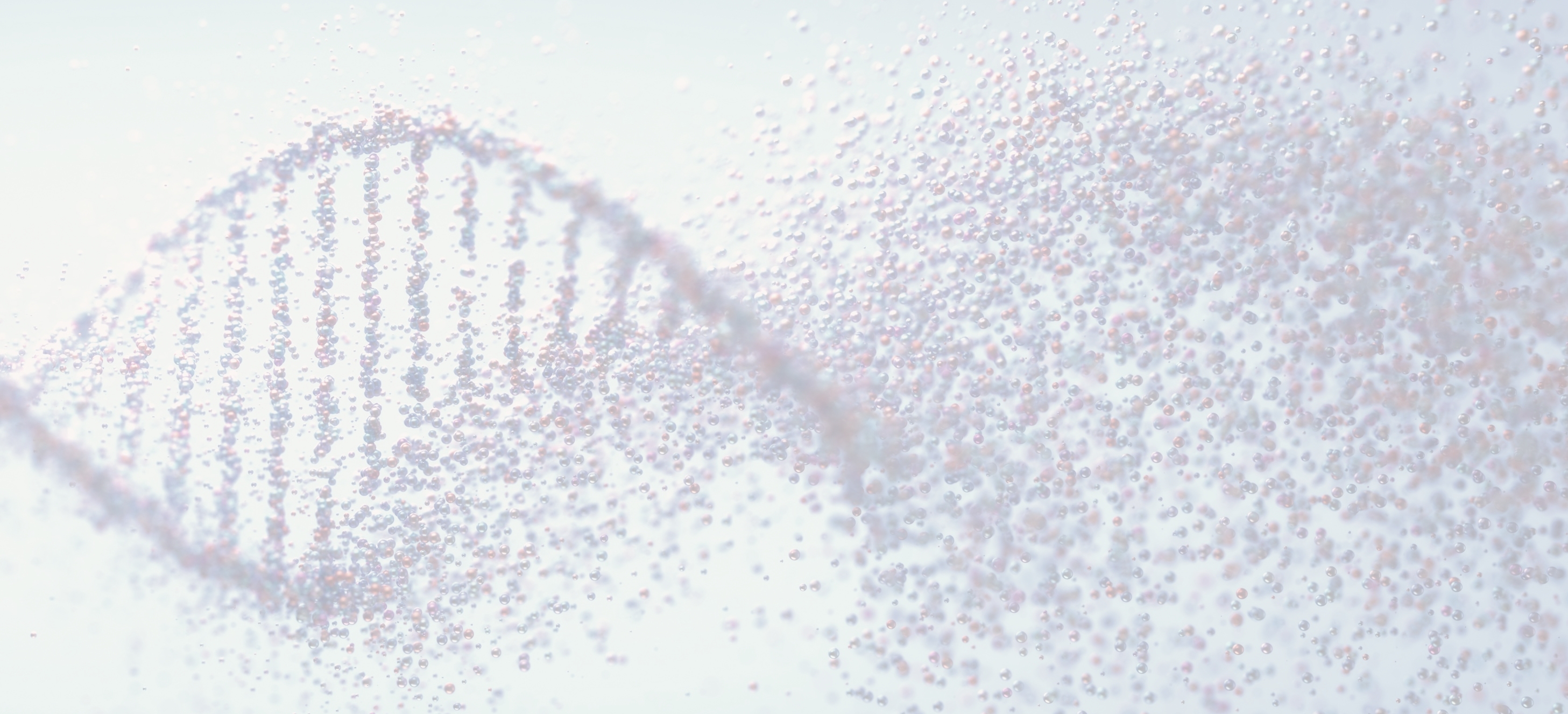NANEMIAR presents its progress at the 2025 National Congress of Hematology, Thrombosis and Hemostasis (Oviedo, Spain)
During the week of October 6th, 2025, at the National Congress of Hematology, Hemotherapy, Thrombosis and Hemostasis 2025 held in Oviedo (Spain), the team of the European project NANEMIAR actively participated by sharing the latest developments in their research and presenting a scientific poster titled: “Characterization of hematopoietic populations by spectral cytometry in mice.”
What is the NANEMIAR project?
NANEMIAR (Nanomedicine Approach to Normalize Erythrocyte Maturation in Congenital Anemia by messenger RNA) is a European Union-funded project under the Horizon Europe program, focused on developing an innovative therapeutic strategy to treat congenital anemias, such as β-thalassemia or sickle cell anemia.
These rare diseases are characterized by impaired red blood cell production, leading to chronic anemia and dependence on treatments such as blood transfusions. Current approaches have limitations in efficacy and can cause side effects, highlighting the urgent need for safer and longer-lasting therapies.
Participation in Hemato2025
At the congress in Oviedo, NANEMIAR researchers presented the poster “Characterization of hematopoietic populations by spectral cytometry in mice,” showing the first results obtained in preclinical models.
These findings represent an advance in understanding the process of red blood cell maturation and in validating new tools for the development of mRNA-based therapies.
Commitment to research and innovation
Participation in the National Congress of Hematology reinforces NANEMIAR and its European partners’ commitment to translational research and scientific dissemination, promoting collaboration among academic, clinical, and industrial groups in the field of hematology.
Source of information: NANEMIAR project


